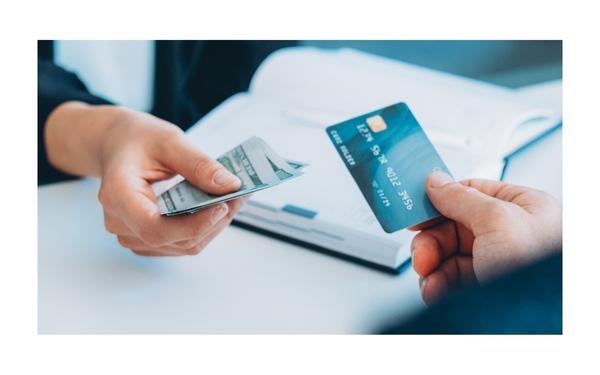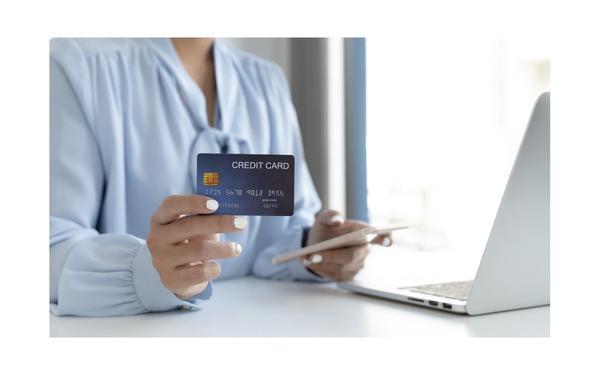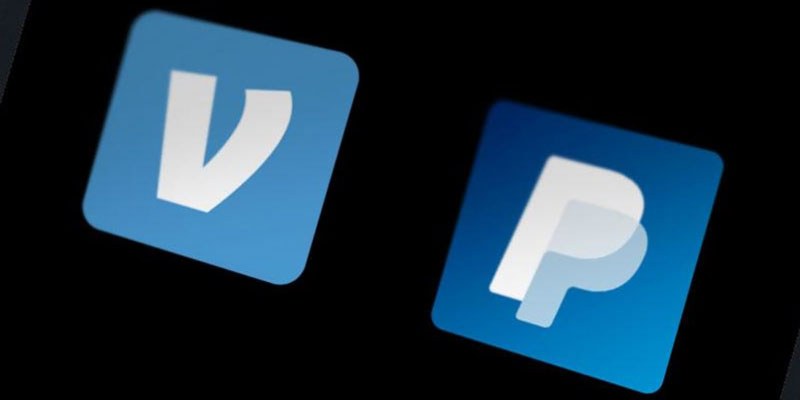Credit cards are widely used nowadays, but life without them is difficult but possible. Credit cards allow you to complete most transactions and walk out with your goods. Today, credit cards are extremely important in modern society, making some wonder if they can live without one.
About 95% of people have a credit card, which makes up about 5% of the overall debt of the average family. Is it possible to live without a credit card in an age when most people use plastic (instead of cash) for everything? There are a few tips to get by without credit cards, but you must adjust daily.

6 Useful Tips To Live Peacefully Without Credit Card:
If you have yet to decide to give up your credit card, consider these suggestions for getting by without one.
1. Make a Budget And Balance Your Checkbook
Credit cards have high-interest rates and can be challenging. You can avoid these hassles if you learn to budget your money well. Every expense needs to be budgeted, no matter how small.
Spending $700 on clothing per year requires you to set aside $50 per month in savings to ensure that cash is always available. You should have enough savings to handle any emergency that arises.
Proper budgeting and saving will save you from debt since your daily expenses differ from your maintenance expenses. You'll need to set aside money each month to maintain or repair a vehicle. In case of an emergency, you may use your emergency fund rather than a credit card.
Keep track of how much you spend each month to find where you're wasting money and spend less of it. To reduce your spending, you should evaluate your current habits. If you are looking for ways to save money, consider the "budget killer" expenses.
2. Keep Making Rewards.
When you earn rewards from your cards, you can use them in a very beneficial way. To earn rewards, however, you don't need a card. Your charges are refunded in a sort of rebate. Most businesses with regular customers, like airlines, hotels, and department stores, now have some kind of loyalty program. You may get money back from many online retailers when you purchase from them.
Example
JetBlue Airways' TrueBlue loyal flyer program is thought to be the best of its kind. It lets its passengers collect points toward free flights. You may earn 3 points for every dollar spent on flights purchased online, plus up to 10k extra points after making a set amount of travel purchases. Always be sure to ask about customer loyalty programs at your favorite stores.
Debit cards provide fast access to your checking account and offer more incentives than in 2010 when the government told banks to lower fees for services like authorizing, clearing, stopping fraud, and settling. Even though the reform was meant to reduce retail costs, banks opted to move their bonuses to credit cards since the policy only referred to debit cards.
But recently, debit card incentives have come back because Millennials are taking longer to pay off their loans and are tired of getting more and more credit card debt. Some of the most well-known card providers, like USA Express, Discover, and Bank of USA, provide debit cards offering rewards programs. Though USA Express and Discover are more known for their credit card offerings, they have now entered the debit card market.
3. Take Advantage of Gift Cards Instead:
You can purchase gift cards regularly and then use them whenever you want. Keep track of them; otherwise, your account balance may be drained by late fees. For many, gift cards provide a quick and easy alternative to carrying around cash or a credit card while making purchases or giving presents.
Digital vouchers are easier to use than traditional gift cards because they can be redeemed online or over the phone. To make use of virtual gift cards, add them to smartphone wallets, where checkout is faster and safer. You only need to be cautious about the expiration date of your gift card before reloading money onto it.
4. Set Aside Money for Future Needs
Start saving early for upcoming big purchases or trips. Consequently, paying for the trip or gifts won't disturb your budget.
5. The Envelope Method
Cash-only shopping refers to making purchases only with cash, such as in-person, mail-in, online, or mobile apps tied to debit cards. To prevent bankruptcy, keeping a constant check on your money is critical.
6. Think About a Secured Credit Card
It might be a suitable choice if you do not want to spend any money you don't have. A security deposit that corresponds to or exceeds the credit limit is required to obtain such a card.
A recurrent charge will be applied each month to keep using the card, which won't be deducted from your balance. It may help establish a good credit profile and raise your credit score. By switching to a secured card, you can also avoid using your regular debit card for car rentals and hotel stays. You cannot access the hold amount as you can with regular cards. Choose a high-limit card for larger deposits and holding.

More Tips:
- Use cash or a debit card for all of your purchases: This will help you stick to your budget and avoid overspending.
- Build up an emergency fund: This will help you cover unexpected expenses without having to rely on a credit card.
- Pay off your debts: If you have any outstanding debts, make a plan to pay them off as soon as possible.
- Live below your means: This means spending less than you earn. It may mean making some sacrifices, but it will be worth it in the long run.
Conclusion:
As credit cards are so common, it's hard to picture a world without them, but it is possible. You will only need credit cards if you do a smart budget and consistently save money.




